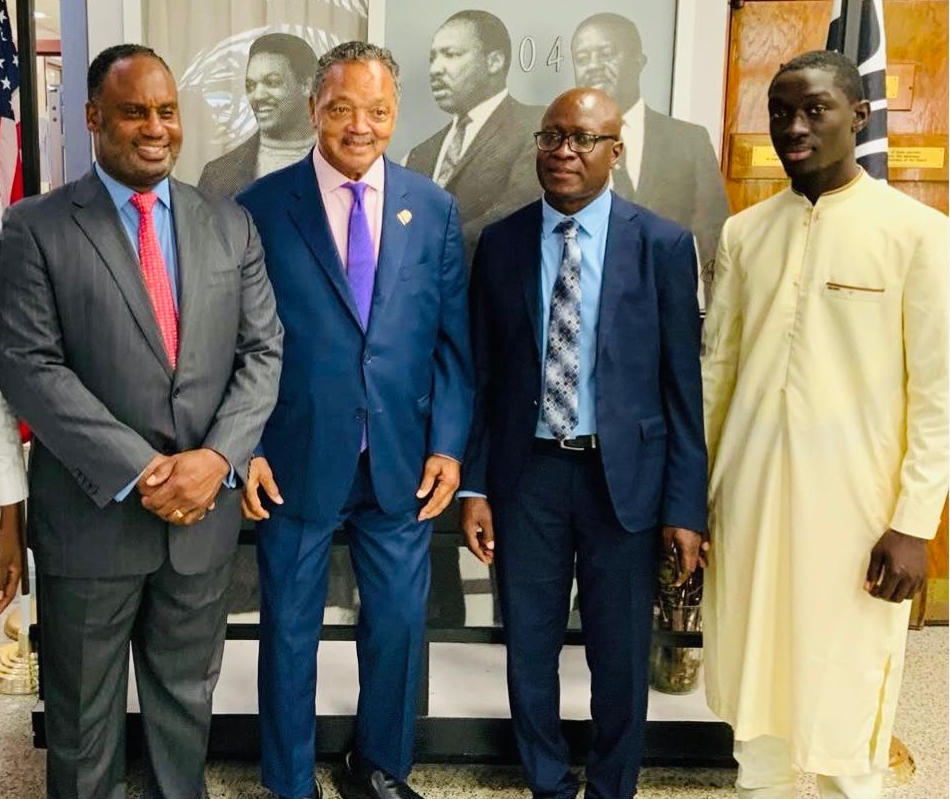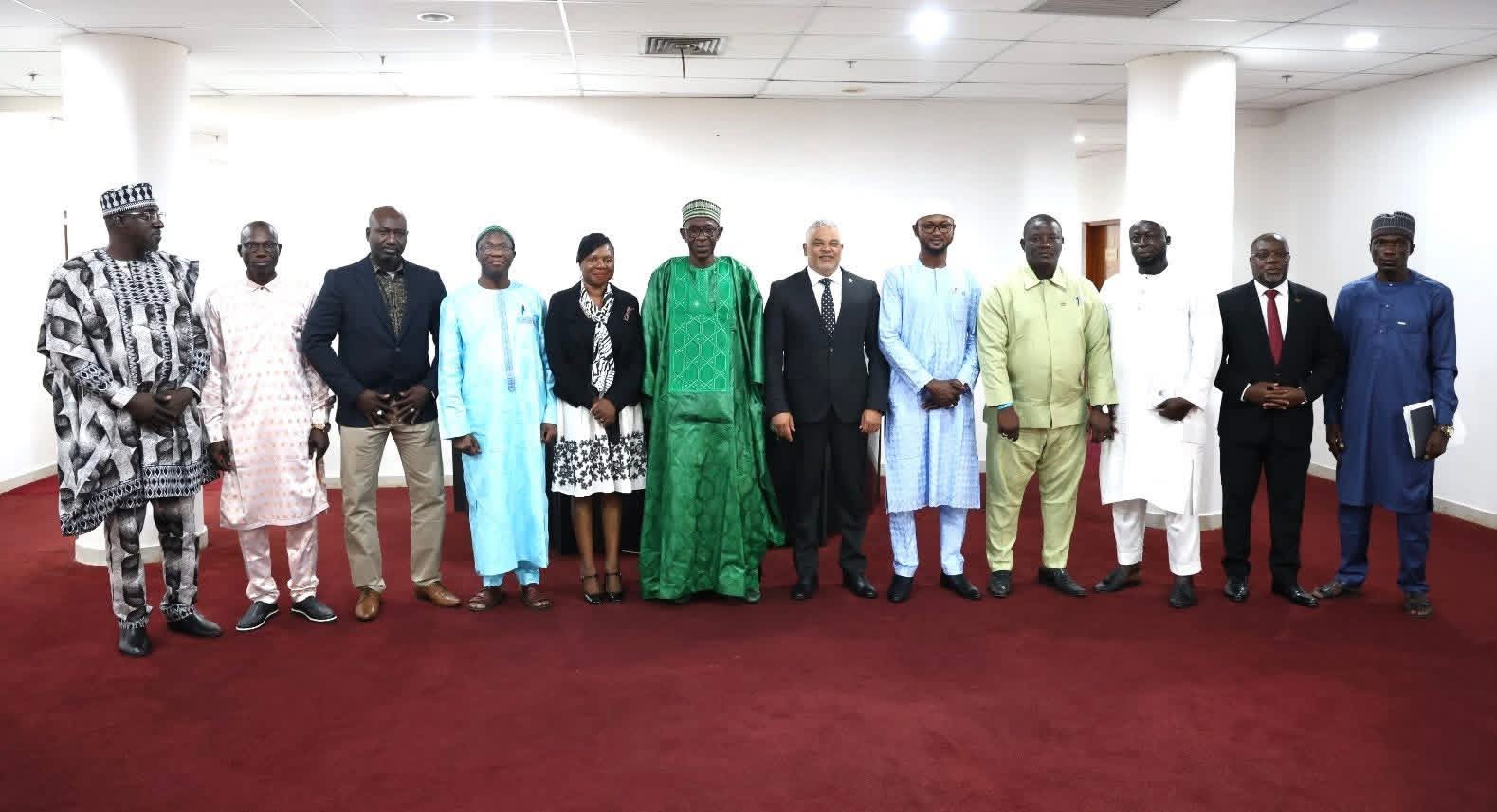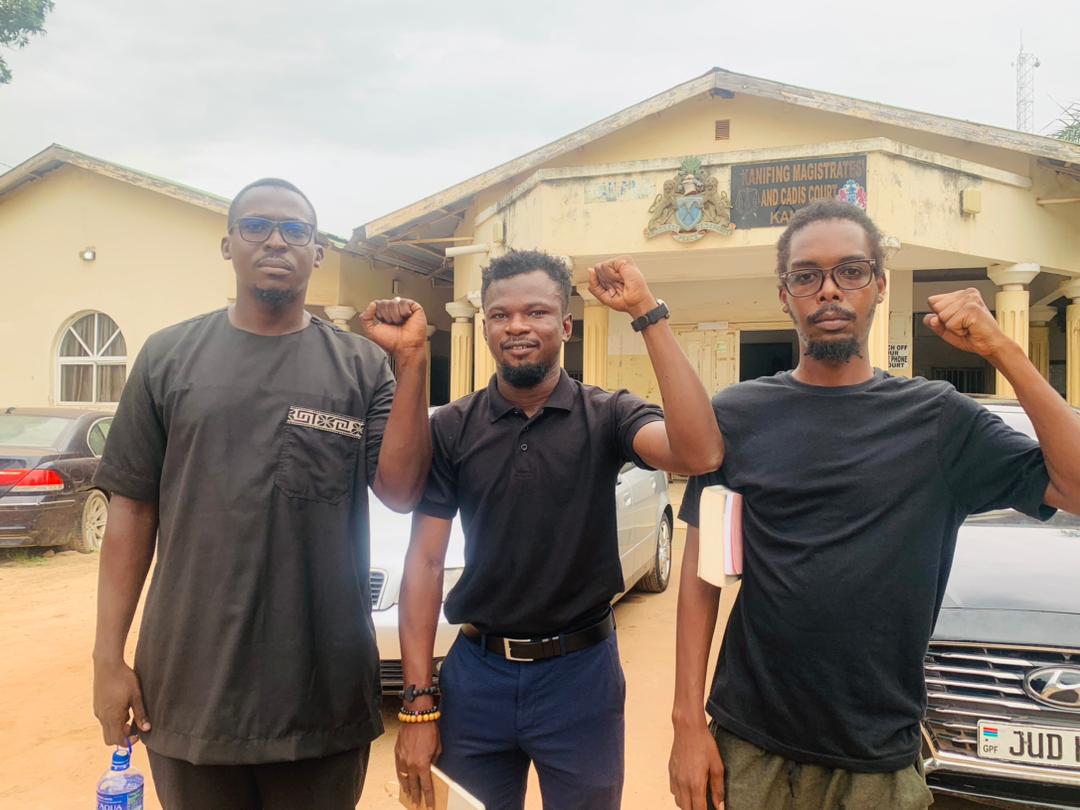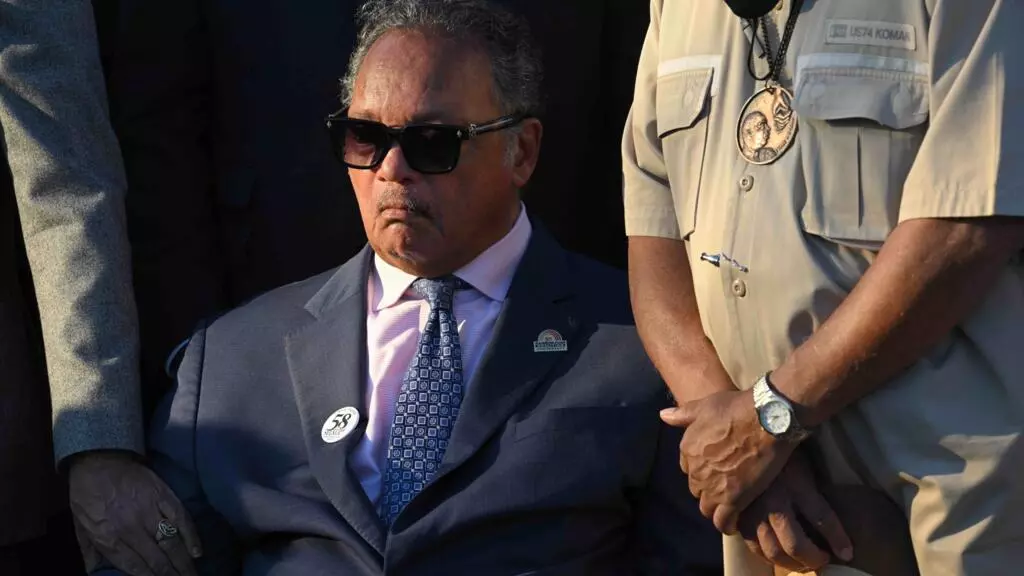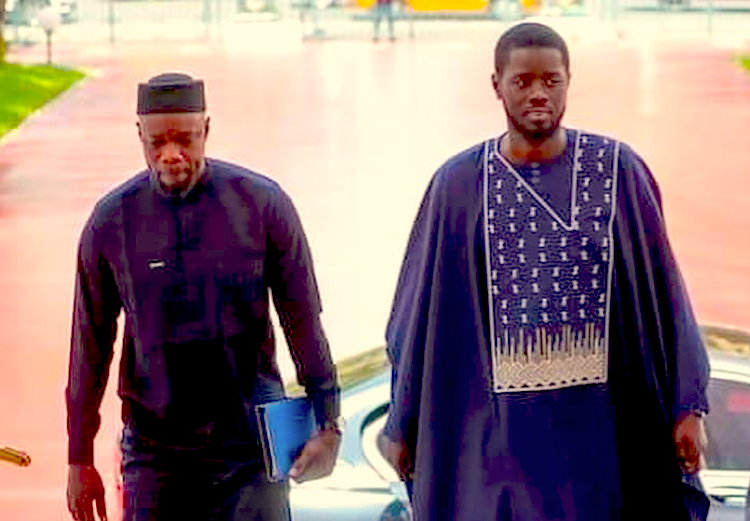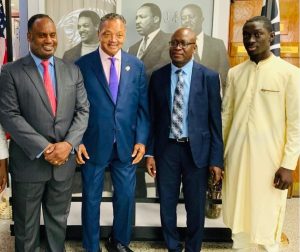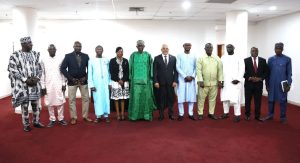Gambiaj.com – (DAKAR, Senegal) – In an incisive critique of Senegal’s new regime, journalist and former spokesperson for President Macky Sall, Yoro Dia, has delivered a stern assessment of the first hundred days of Ousmane Sonko and Bassirou Diomaye Faye’s administration. According to Dia, the dynamic between the President and Prime Minister is fundamentally flawed, setting the stage for an inevitable clash.
Appearing on the Grand Jury program on RFM radio, Dia described the current power structure as one where the Prime Minister, Diomaye, exercises excessive control over President Sonko, likening it to the historic 1962 clash between Senegalese leaders Léopold Sédar Senghor and Mamadou Dia. “They say that Sonko mooy Diomaye. But if Diomaye becomes Senghor, we are heading straight towards the clash that occurred between Senghor and Dia in 1962,” Dia remarked.
Dia outlined three possible future scenarios: the current British-like system where the President is a ceremonial figure, akin to the King of England; an Iranian model where the supreme leader holds ultimate authority, reflecting Sonko’s behavior; and finally, a Gambian scenario where institutional pressures will liberate the President from an overbearing Prime Minister. Dia believes the latter scenario is most likely driven by what he views as Sonko’s excessive actions.
“This was the case between Adama Barrow and Ousainou Darboe,” he noted. According to him, this scenario is the most plausible. “The pattern we currently observe will not last because of Sonko’s excesses. They will inevitably push towards the results of the Gambian scenario between Darboe and Barrow. A break between Sonko and Diomaye is inevitable,” he asserted.
The political analyst cited several instances of what he termed Sonko’s overreach, including breaches of

protocol and public accusations against high-ranking officials without due process. “It is Sonko’s excesses that will lead to ruptures,” Dia asserted, criticizing the Prime Minister’s handling of sensitive cases and public statements that undermine state institutions.
Despite his harsh critique of the current administration, Dia praised Diomaye’s elegance and adherence to parts of his role, although he predicted that Sonko’s behavior would ultimately force a rupture. “Sonko is the problem. It is excessive. And anything excessive is insignificant,” he stated.
Dia did not shy away from stark comparisons, likening Pastef’s methods to those of the Nazi regime, citing populism and insurrection as shared tactics. He warned of the dangers of Pastef’s approach but expressed confidence in the press’s role as a safeguard against totalitarianism. “The press was the springboard for Pastef to come to power, and this same press will save the country,” Dia emphasized.
As Senegal navigates the challenges of a new administration, Dia’s uncompromising assessment underscores the turbulent political landscape and the potential for significant conflict within the highest echelons of power.



